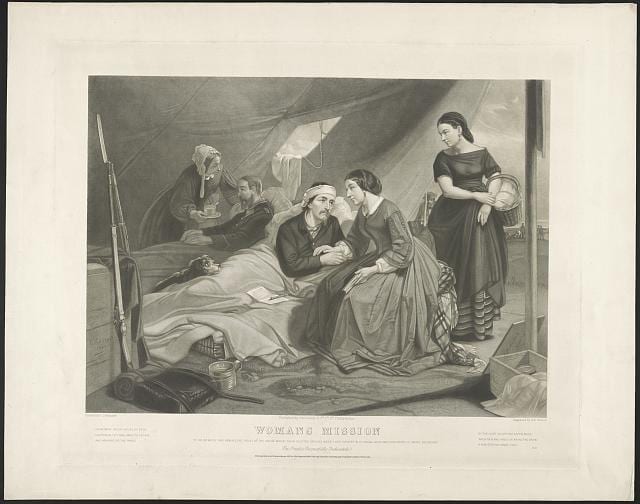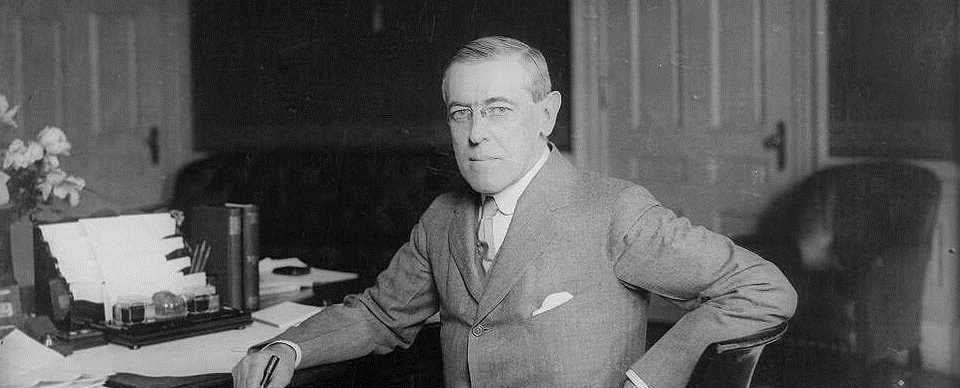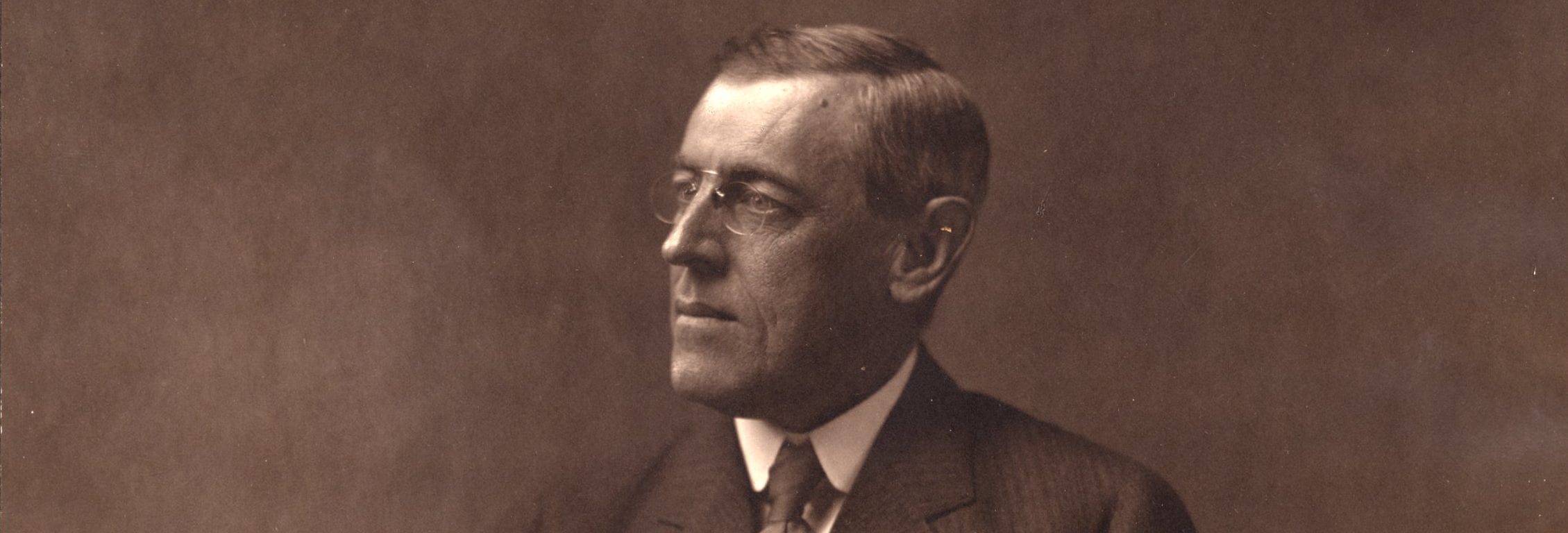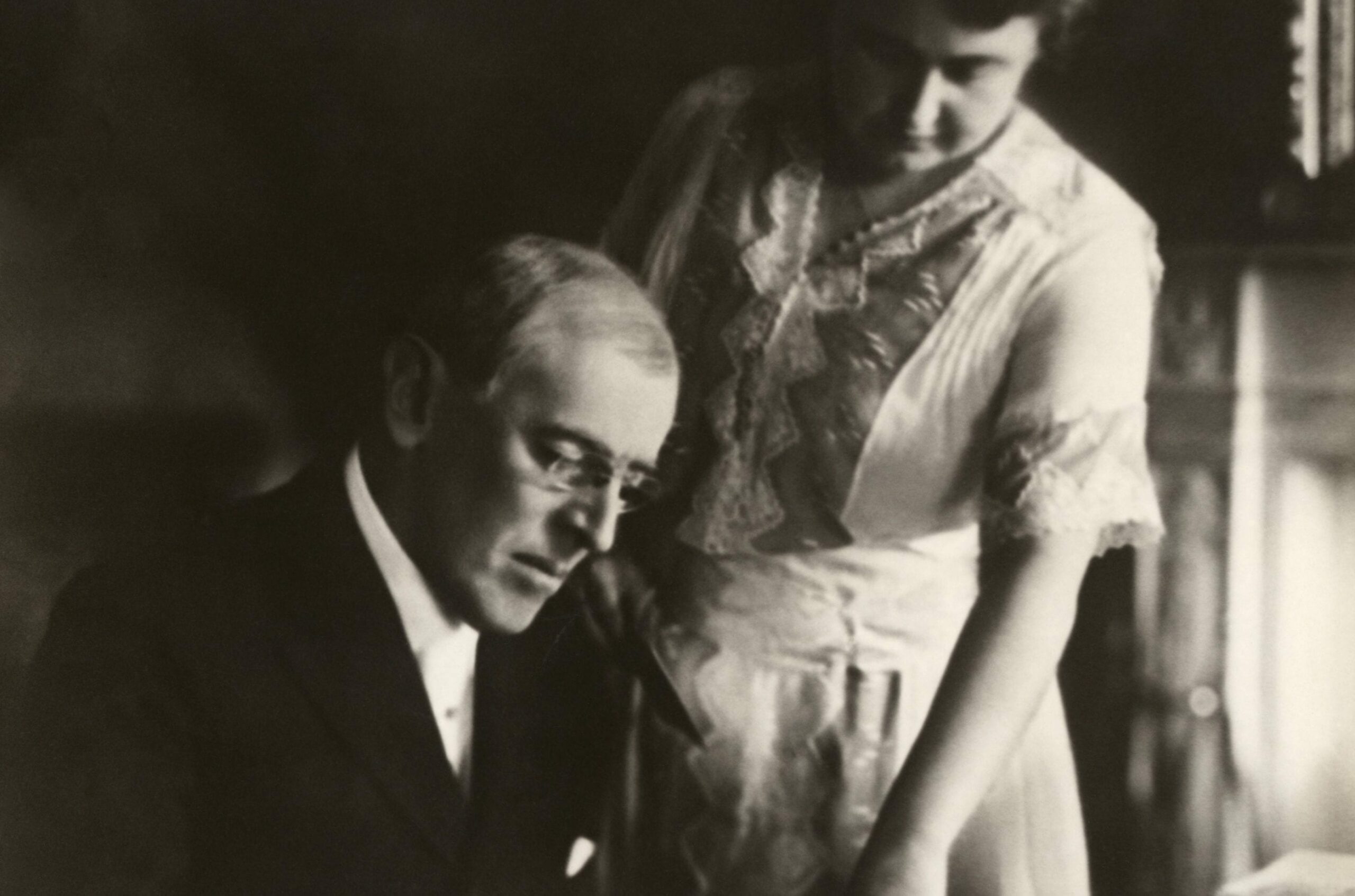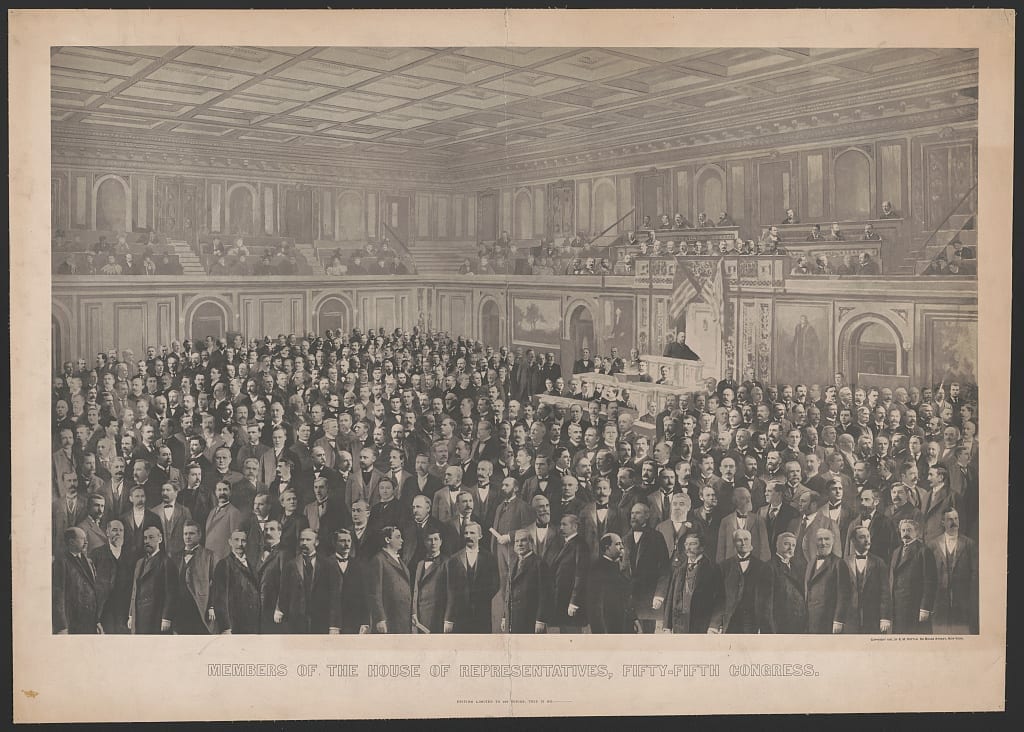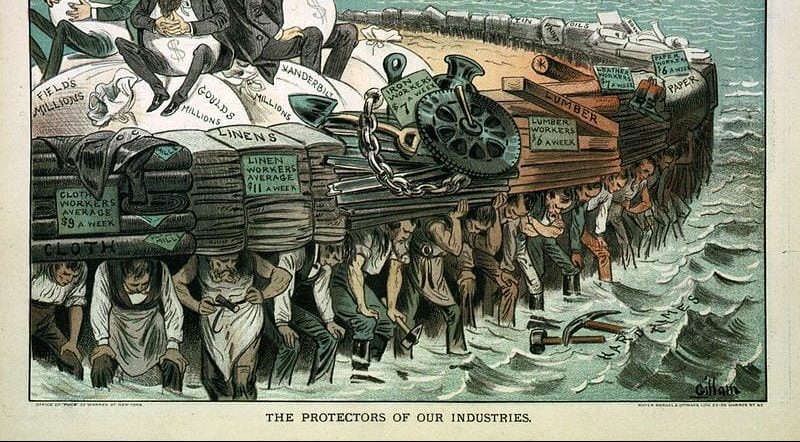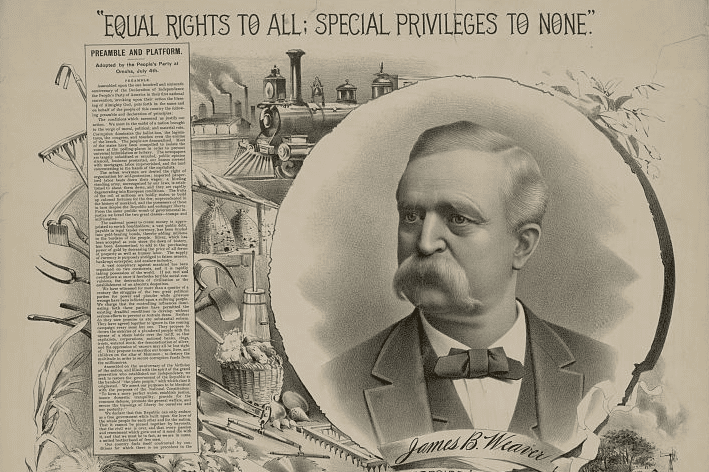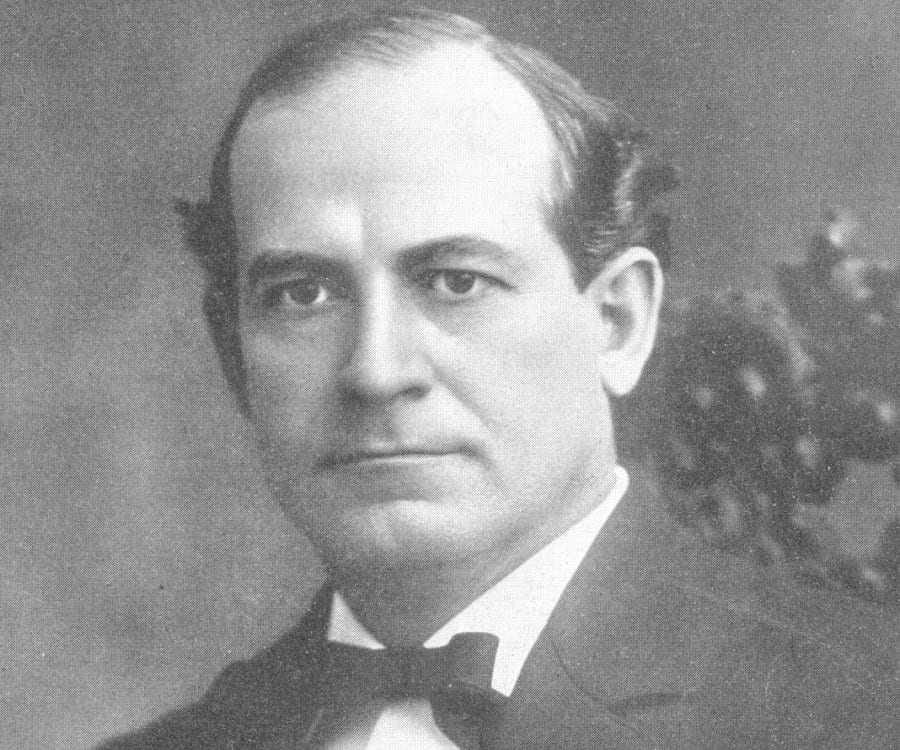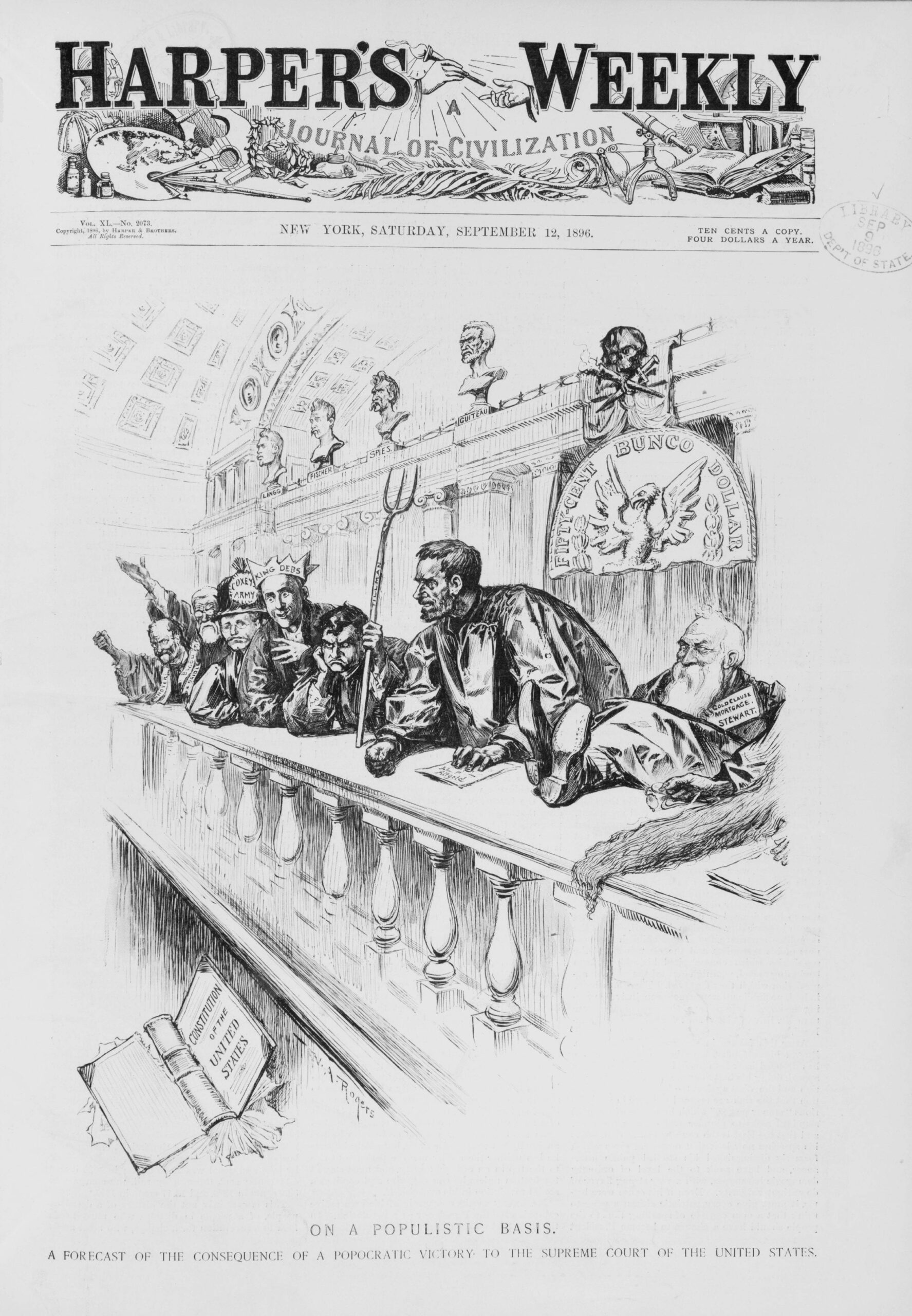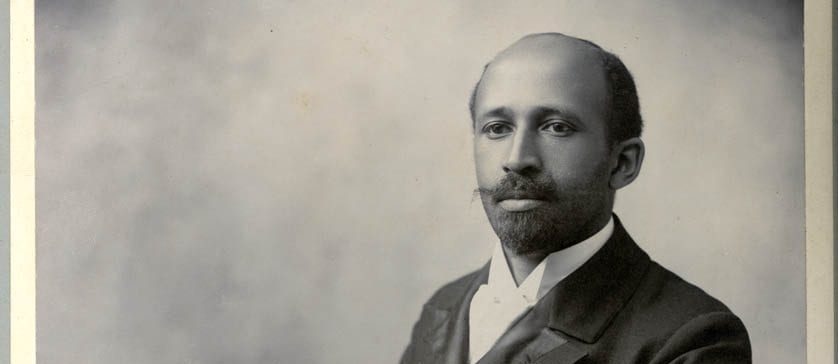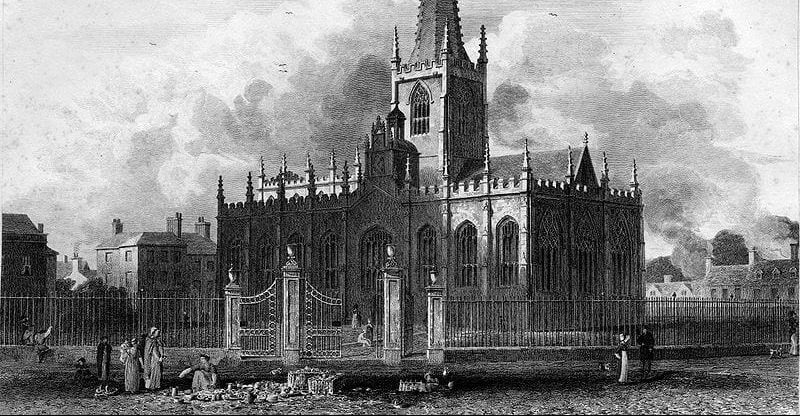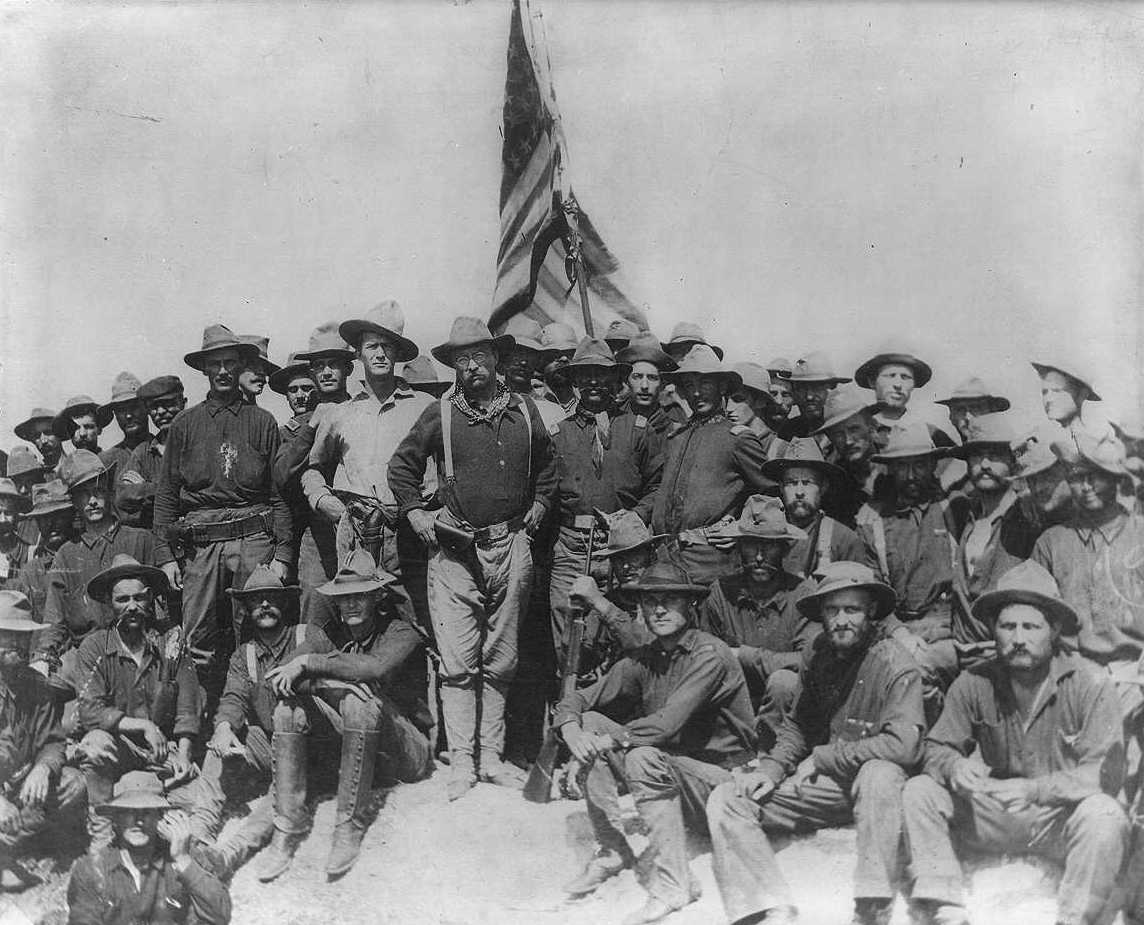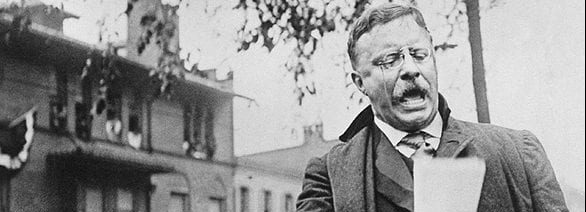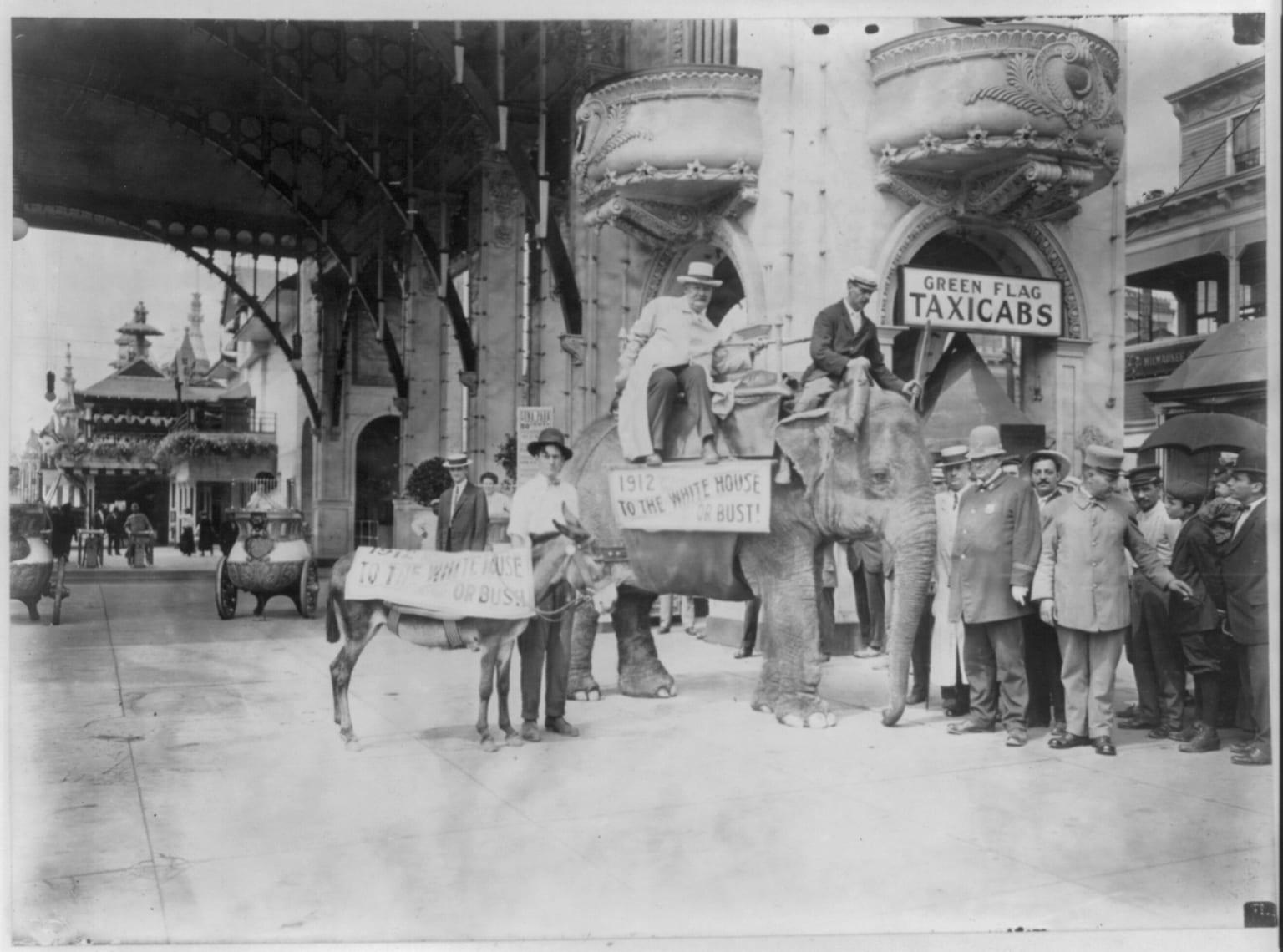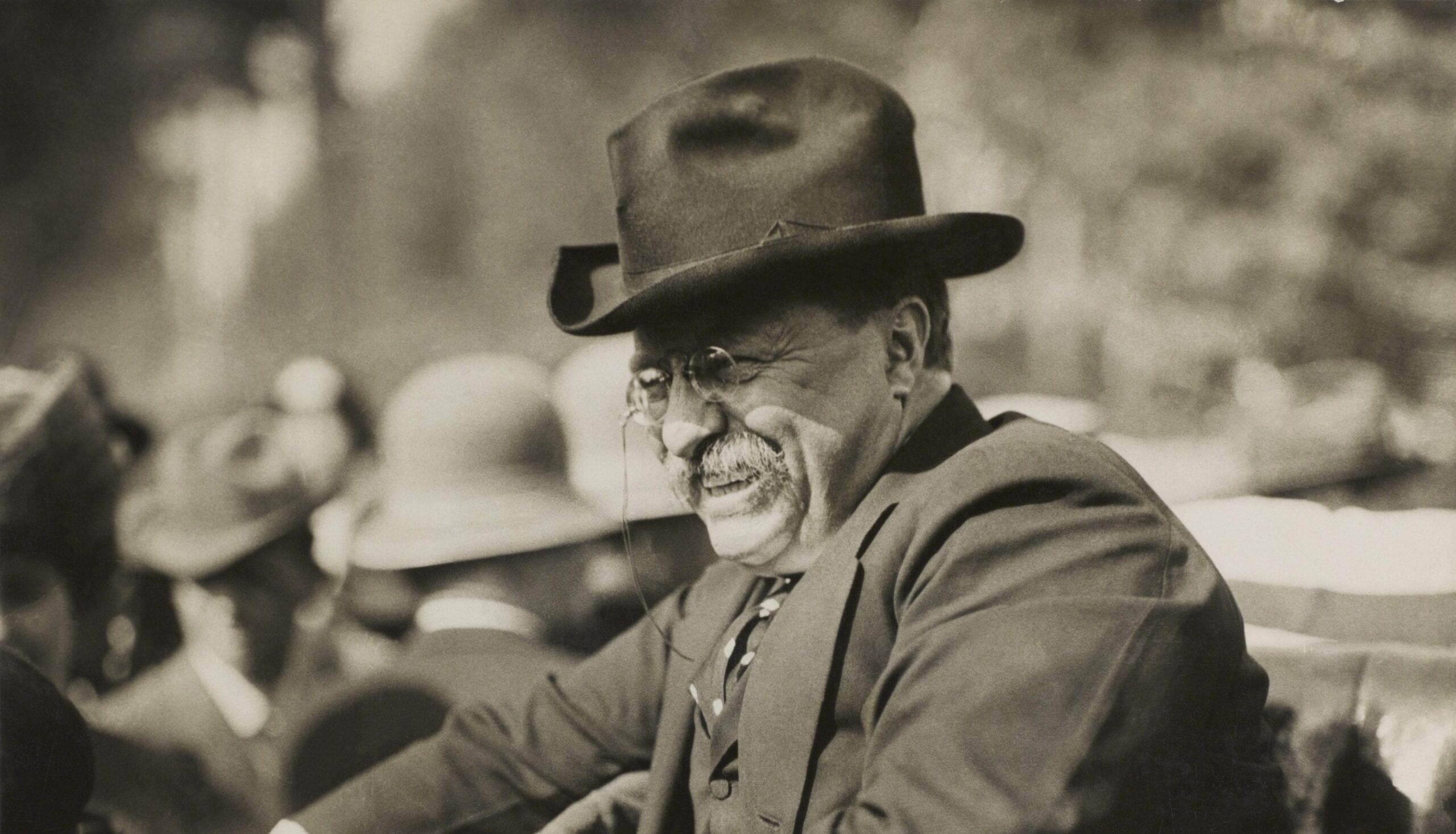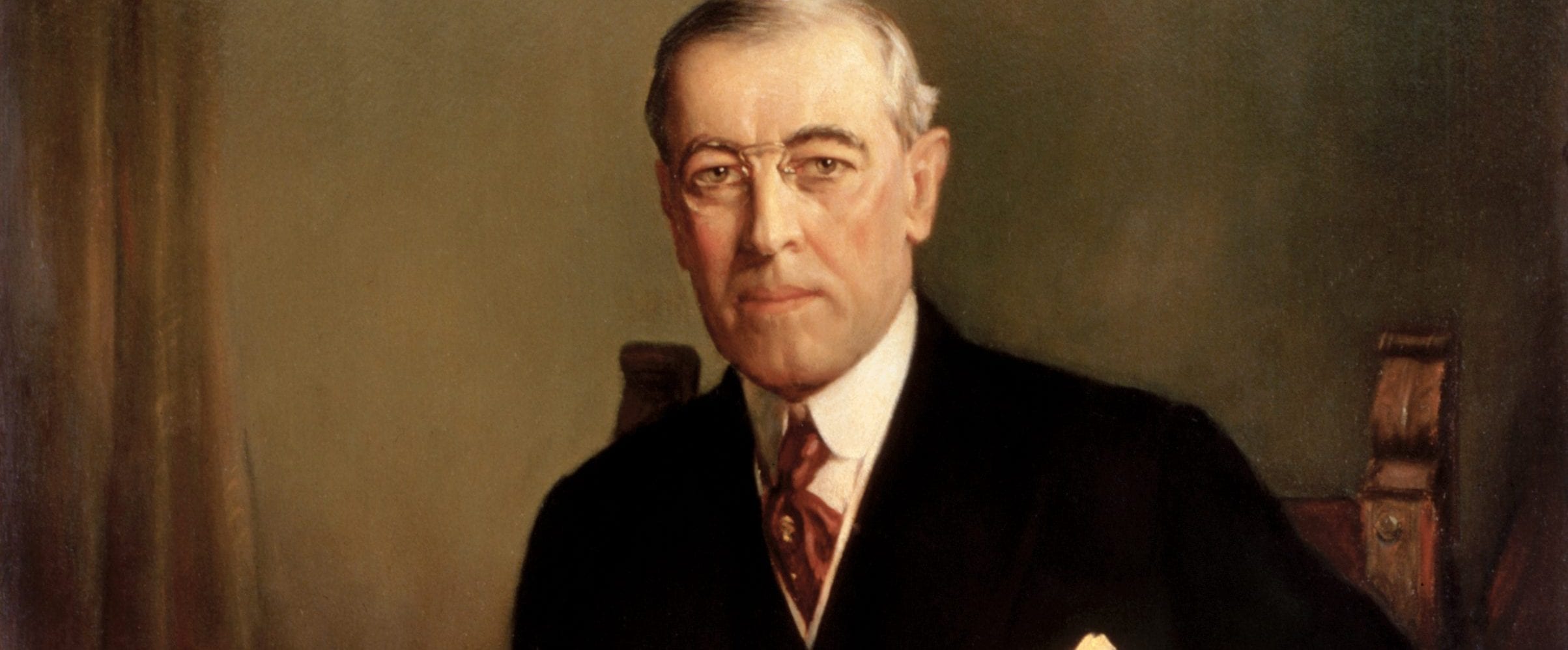

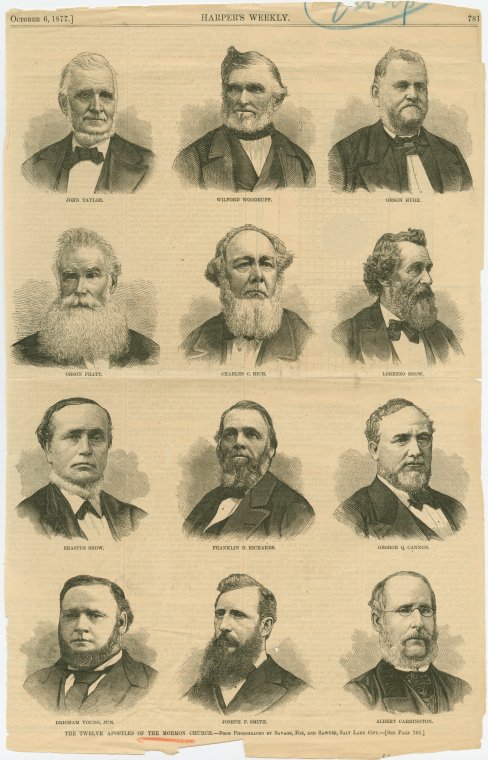
No related resources
Introduction
The Morrill Anti-Bigamy Act (1862) intended to end the practice of polygamy in the Utah territory by members of the Church of Jesus Christ of the Latter-Day Saints (the Mormons). It also limited church property ownership in any U.S. territory. George Reynolds, a prominent Mormon, allowed his second marriage to become a court case to test the authority of the U.S. Congress to ban a religious practice in the territories. Reynolds argued that his membership in the Mormon Church gave him the constitutional right of free religious exercise to marry a second wife. The Supreme Court disagreed, unanimously affirming a district court ruling that Reynolds had violated a federal anti-bigamy law governing the Territory of Utah. (Utah did not become a state until 1896.) In rejecting Reynolds’ claim, the Court followed the traditional common law doctrines of state courts as well as federal practices in the territories and Washington, D.C. These doctrines, some of which continue today, include the confidentiality of confessions and the exemption of churches from taxation. In addition, the common law recognized traditional moral and legal practices, such as monogamy. State and federal laws and court decisions have rejected or modified common law, as the cases in this volume will illustrate. The court’s decision in the Reynolds case was unanimous. The case illustrates the doctrine that a claim to religious freedom may not be used to overturn otherwise legitimate laws: There is a limit to individual free exercise as there is to any asserted right.
Source: 98 U.S. 145 (1879), https://www.law.cornell.edu/supremecourt/text/98/145. We have omitted the concurring opinion by Justice Stephen J. Field. All footnotes added by the editors.
CHIEF JUSTICE WAITE delivered the opinion of the court.
. . . As to the defense of religious belief or duty.
On the trial, [Reynolds] proved that at the time of his alleged second marriage he was, and for many years before had been, a member of the Church of Jesus Christ of Latter-Day Saints, commonly called the Mormon Church, and a believer in its doctrines; that it was an accepted doctrine of that church “that it was the duty of male members of said church, circumstances permitting, to practice polygamy. . . .”
Upon this proof he asked the court to instruct the jury that if they found from the evidence that he “was married as charged—if he was married—in pursuance of and in conformity with what he believed at the time to be a religious duty, that the verdict must be ‘not guilty’”. . . .
. . . [T]he question is raised, whether religious belief can be accepted as a justification of an overt act made criminal by the law of the land. The inquiry is not as to the power of Congress to prescribe criminal laws for the territories, but as to the guilt of one who knowingly violates a law which has been properly enacted, if he entertains a religious belief that the law is wrong.
Congress cannot pass a law for the government of the territories which shall prohibit the free exercise of religion. The First Amendment to the Constitution expressly forbids such legislation. Religious freedom is guaranteed everywhere throughout the United States, so far as congressional interference is concerned. The question to be determined is, whether the law now under consideration comes within this prohibition.
The word “religion” is not defined in the Constitution. We must go elsewhere, therefore, to ascertain its meaning, and nowhere more appropriately, we think, than to the history of the times in the midst of which the provision was adopted. The precise point of the inquiry is, what is the religious freedom which has been guaranteed.
Before the adoption of the Constitution, attempts were made in some of the colonies and states to legislate not only in respect to the establishment of religion, but in respect to its doctrines and precepts as well. The people were taxed, against their will, for the support of religion, and sometimes for the support of particular sects to whose tenets they could not and did not subscribe. Punishments were prescribed for a failure to attend upon public worship, and sometimes for entertaining heretical opinions. The controversy upon this general subject was animated in many of the states, but seemed at last to culminate in Virginia. In 1784, the House of Delegates of that state having under consideration “a bill establishing provision for teachers of the Christian religion,” postponed it until the next session, and directed that the bill should be published and distributed, and that the people be requested “to signify their opinion respecting the adoption of such a bill at the next session of assembly.”
This brought out a determined opposition. Amongst others, Mr. Madison prepared a “Memorial and Remonstrance,”[1] which was widely circulated and signed, and in which he demonstrated “that religion, or the duty we owe the Creator,” was not within the cognizance of civil government. At the next session the proposed bill was not only defeated, but another, “for establishing religious freedom,” drafted by Mr. Jefferson, was passed.[2] In the preamble of this act religious freedom is defined; and after a recital “that to suffer the civil magistrate to intrude his powers into the field of opinion, and to restrain the profession or propagation of principles on supposition of their ill tendency, is a dangerous fallacy which at once destroys all religious liberty,” it is declared “that it is time enough for the rightful purposes of civil government for its officers to interfere when principles break out into overt acts against peace and good order.” In these two sentences is found the true distinction between what properly belongs to the church and what to the state.
. . . [A]t the first session of the first Congress the amendment now under consideration was proposed with others by Mr. Madison.[3] It met the views of the advocates of religious freedom, and was adopted. Mr. Jefferson afterwards, in reply to an address to him by a committee of the Danbury Baptist Association, took occasion to say: “Believing with you that religion is a matter which lies solely between man and his God; that he owes account to none other for his faith or his worship; that the legislative powers of the government reach actions only, and not opinions,—I contemplate with sovereign reverence that act of the whole American people which declared that their legislature should ‘make no law respecting an establishment of religion or prohibiting the free exercise thereof,’ thus building a wall of separation between church and state. Adhering to this expression of the supreme will of the nation in behalf of the rights of conscience, I shall see with sincere satisfaction the progress of those sentiments which tend to restore man to all his natural rights, convinced he has no natural right in opposition to his social duties.”[4] Coming as this does from an acknowledged leader of the advocates of the measure, it may be accepted almost as an authoritative declaration of the scope and effect of the amendment thus secured. Congress was deprived of all legislative power over mere opinion, but was left free to reach actions which were in violation of social duties or subversive of good order.
Polygamy has always been odious among the northern and western nations of Europe, and, until the establishment of the Mormon Church, was almost exclusively a feature of the life of Asiatic and of African people. At common law, the second marriage was always void, and from the earliest history of England polygamy has been treated as an offence against society. After the establishment of the ecclesiastical courts, and until the time of James I, it was punished through the instrumentality of those tribunals, not merely because ecclesiastical rights had been violated, but because upon the separation of the ecclesiastical courts from the civil the ecclesiastical were supposed to be the most appropriate for the trial of matrimonial causes and offences against the rights of marriage, just as they were for testamentary causes and the settlement of the estates of deceased persons.
By the statute of 1 James I. (c. 11) , the offence, if committed in England or Wales, was made punishable in the civil courts, and the penalty was death. As this statute was limited in its operation to England and Wales, it was at a very early period re-enacted, generally with some modifications, in all the colonies. In connection with the case we are now considering, it is a significant fact that on the 8th of December, 1788, after the passage of the act establishing religious freedom, and after the convention of Virginia had recommended as an amendment to the Constitution of the United States the declaration in a bill of rights that “all men have an equal, natural, and unalienable right to the free exercise of religion, according to the dictates of conscience,” the legislature of that state substantially enacted the statute of James I., death penalty included, because, as recited in the preamble, “it hath been doubted whether bigamy or polygamy be punishable by the laws of this commonwealth.” From that day to this we think it may safely be said there never has been a time in any state of the Union when polygamy has not been an offence against society, cognizable by the civil courts and punishable with more or less severity. In the face of all this evidence, it is impossible to believe that the constitutional guaranty of religious freedom was intended to prohibit legislation in respect to this most important feature of social life. Marriage, while from its very nature a sacred obligation, is nevertheless, in most civilized nations, a civil contract, and usually regulated by law. Upon it society may be said to be built, and out of its fruits spring social relations and social obligations and duties, with which government is necessarily required to deal. In fact, according as monogamous or polygamous marriages are allowed, do we find the principles on which the government of the people, to a greater or less extent, rests. Professor, Lieber[5] says, polygamy leads to the patriarchal principle, and which, when applied to large communities, fetters the people in stationary despotism, while that principle cannot long exist in connection with monogamy. . . . [T]here cannot be a doubt that, unless restricted by some form of constitution, it is within the legitimate scope of the power of every civil government to determine whether polygamy or monogamy shall be the law of social life under its dominion.
In our opinion, the statute immediately under consideration is within the legislative power of Congress. It is constitutional and valid as prescribing a rule of action for all those residing in the Territories, and in places over which the United States have exclusive control. This being so, the only question which remains is, whether those who make polygamy a part of their religion are excepted from the operation of the statute. If they are, then those who do not make polygamy a part of their religious belief may be found guilty and punished, while those who do, must be acquitted and go free. This would be introducing a new element into criminal law. Laws are made for the government of actions, and while they cannot interfere with mere religious belief and opinions, they may with practices. Suppose one believed that human sacrifices were a necessary part of religious worship, would it be seriously contended that the civil government under which he lived could not interfere to prevent a sacrifice? Or if a wife religiously believed it was her duty to burn herself upon the funeral pile of her dead husband, would it be beyond the power of the civil government to prevent her carrying her belief into practice?
So here, as a law of the organization of society under the exclusive dominion of the United States, it is provided that plural marriages shall not be allowed. Can a man excuse his practices to the contrary because of his religious belief? To permit this would be to make the professed doctrines of religious belief superior to the law of the land, and in effect to permit every citizen to become a law unto himself. Government could exist only in name under such circumstances. . .
- 1. https://teachingamericanhistory.org/library/document/memorial-and- remonstrance/?_sf_s=Memorial+and+remonstrance
- 2. https://teachingamericanhistory.org/library/document/statute-of-religious- liberty/?_sf_s=Statute+for+Religious+Liberty
- 3. First Amendment. See the Introduction.
- 4. Thomas Jefferson to the Danbury Baptist Association, January 1, 1802, https://www.loc.gov/loc/lcib/9806/danpre.html
- 5. Franz Lieber (1800–1872), an American jurist and educator
Philosophy in the United States
January 31, 1879
Conversation-based seminars for collegial PD, one-day and multi-day seminars, graduate credit seminars (MA degree), online and in-person.



